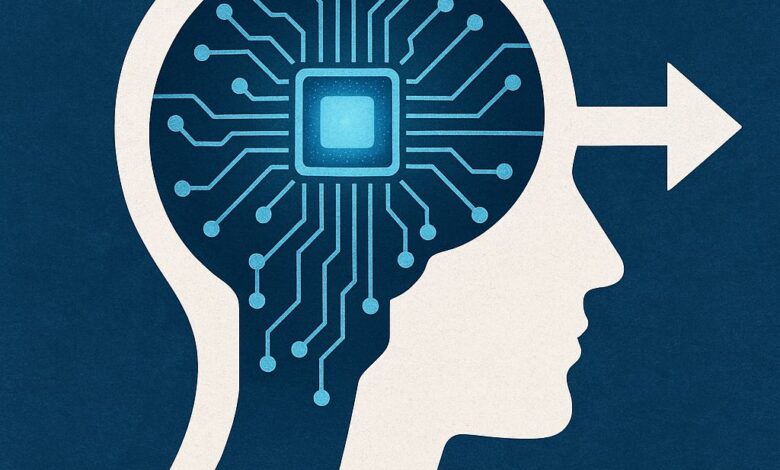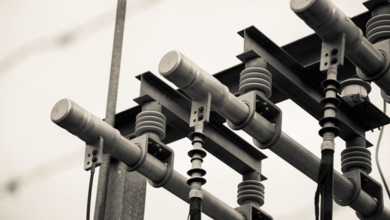
At the Paris AI Action Summit in February of this year, world leaders and the biggest names in AI development gathered to discuss the current state and future of artificial intelligence. While there’s still a lot of uncertainty about timelines and potentials, the biggest takeaways were that there’s no putting the genie back in the bottle, and progress will only accelerate.
With any new technology, it can be hard to sort through the hype to determine its capabilities. This is especially true with AI, given half of the “AI-enabled” tools and technologies in the ad market today are really ML models that we’ve been honing for decades.
Despite all the hype and confusion about AI, it does seem clear that the next direction for AI is the development of agents, or “agentic AI,” if you’d like to use the buzz phrase.
There is no doubt that advertisers can expect AI’s role to move beyond automation toward fully autonomous agents. Agentic AI assistants can act without extensive human oversight to achieve established goals. These models act proactively and make independent decisions instead of simply responding to input, unlike previous AI applications such as chatbots, which were largely disappointing.
For advertisers, this latest advancement will dramatically increase productivity and reduce the cost of campaigns. Agentic AI will optimize tasks such as real-time bidding to minimize inefficiencies and wasted ad spending. It will further drive ad personalization by dynamically refining audience targeting across multiple platforms and devices – and share with media buyers or even directly with clients what’s been done in the last 48 hours to improve overall campaign efficiencies and what’s next up.
Teams can also expect to gain more transparency in measurement. Agentic AI-driven analysis will be able to provide more accurate attribution and performance insights. Although automation and analytical tools currently offer some of these features, AI agents will go beyond crunching numbers and basic optimization. It will automatically adjust bidding strategies, creative elements, and audience segmentation based on performance by running multivariate tests. Without the need for manual adjustments, AI agents are poised to significantly reduce costs, increase the efficiency of media buying and programmatic advertising, and turn out personalized campaigns for an audience size as small as one. Imagine that. Computing that is so powerful that the right message, to the right audience, at the right time can be executed against to the ‘nth degree.
Does this keep me up at night? Are the robots taking over? Not just yet. Despite the independent problem-solving capabilities of AI agents, I don’t believe they will or should replace human teams. Instead, marketing departments and agencies will need to adopt the notion of AI as a co-pilot. Teams will use AI agents to improve the agility, efficiency, and effectiveness of their ad operations. AI agents will handle data-heavy decision-making to support humans in their creative and strategic efforts. Agentic AI will provide actionable information that will free up human teams to focus on high-value tasks and strategic initiatives to drive results.
At least, that’s the world we’re striving for at Juice Media. Where it’s possible to see agentic AI transforming our client interfaces by delivering real-time insights, recommendations and updates on optimizations made via self-service portals. But the conversation about the complexities of a brand’s growth strategy, how they balance brand vs performance investments, or pivot strategy in the wake of increased competition or unforeseen tariffs are being had human-to-human.
Despite the potential benefits of agentic AI, there are some serious challenges and ethical considerations to address. Although there have been calls to slow progress due to safety concerns, the general trend has been to accelerate development as quickly as possible. Given China’s recent release of a cheaper, open-source large language model, the pace isn’t likely to slow any time soon. The mood at the AI Action Summit also leaned toward prioritizing advancement over safety rails.
In light of this, advertisers who implement agentic AI must consider ethical questions: How much autonomy will it have in decision-making? How will it guarantee compliance with data protection regulations such as the General Data Protection Regulation (GDPR), the California Consumer Privacy Act (CCPA), and future regulations? The regulatory landscape is constantly changing, so advertisers must stay on top of new requirements that will arise as AI advances.
And the prevalence of AI slop and hallucinations highlights the risks of over-reliance on AI. To produce valuable, authentic results, teams will need to maintain human oversight to avoid inaccurate, biased, or misaligned outcomes.
Going forward, it’s not a question of whether agentic AI will become integral to the advertising industry but when and how to implement it effectively. Marketers and advertisers must balance AI’s capabilities with human expertise, creativity, and ethical oversight to generate positive results. However, brands that want to remain competitive will need to take a proactive approach to leveraging the coming AI advancements. The future is here.




